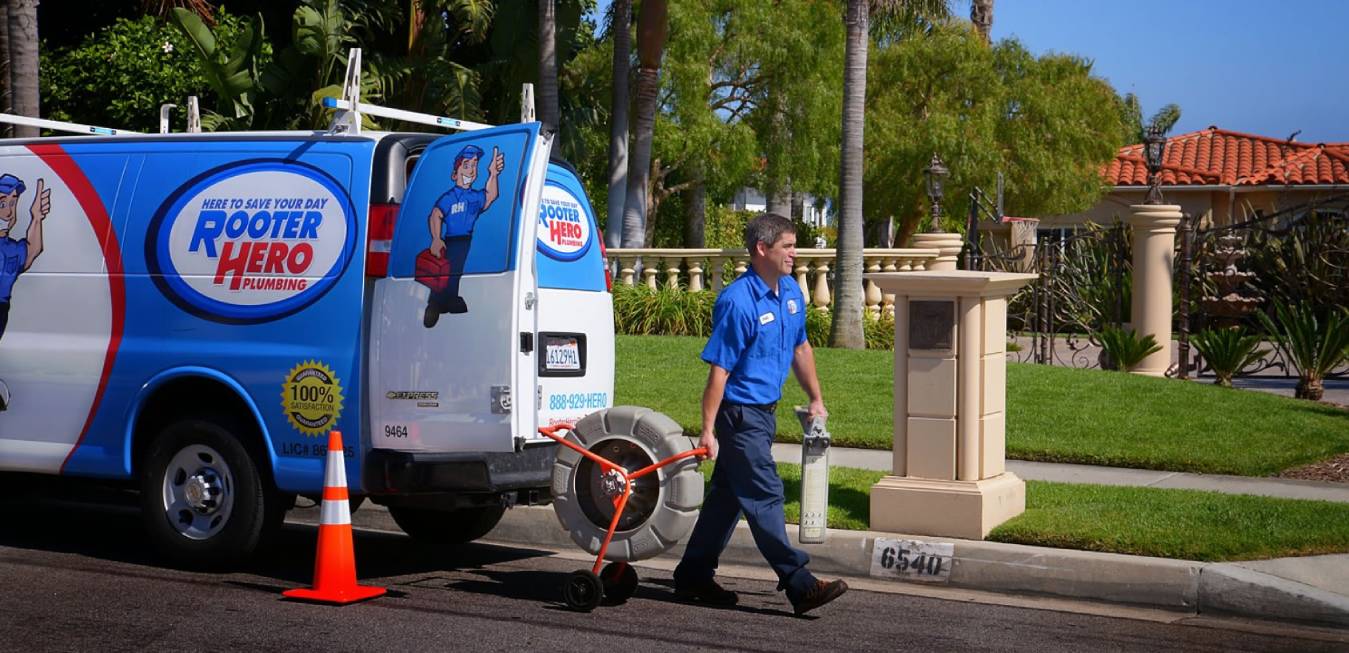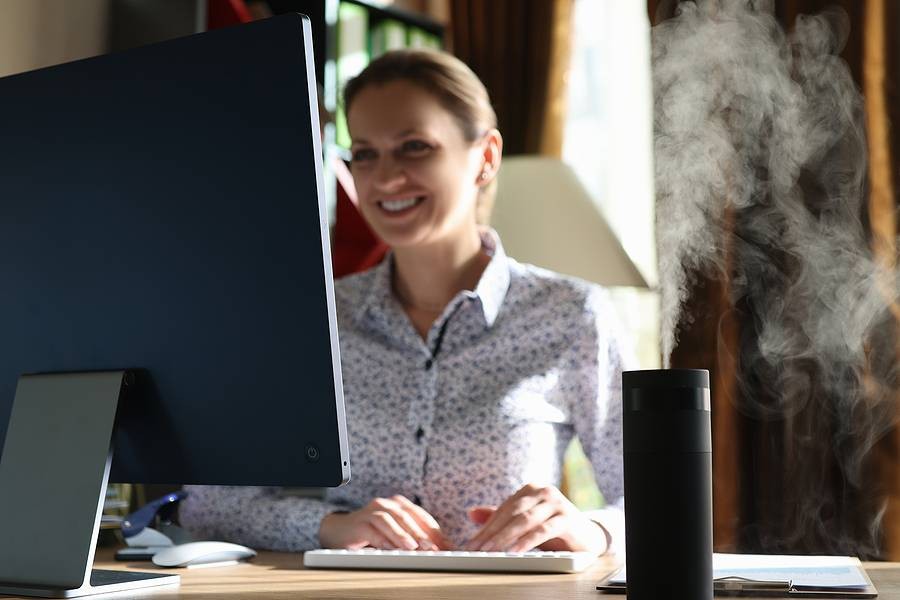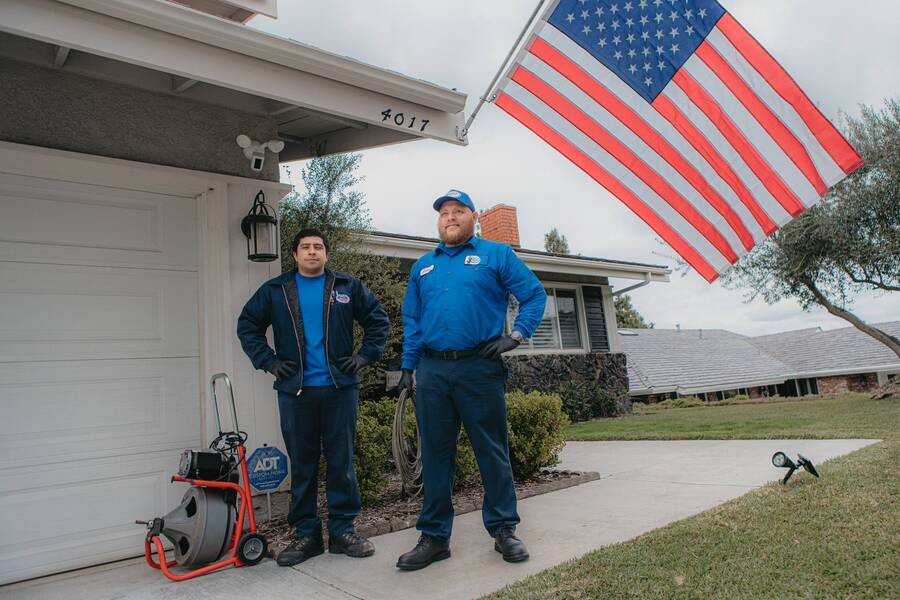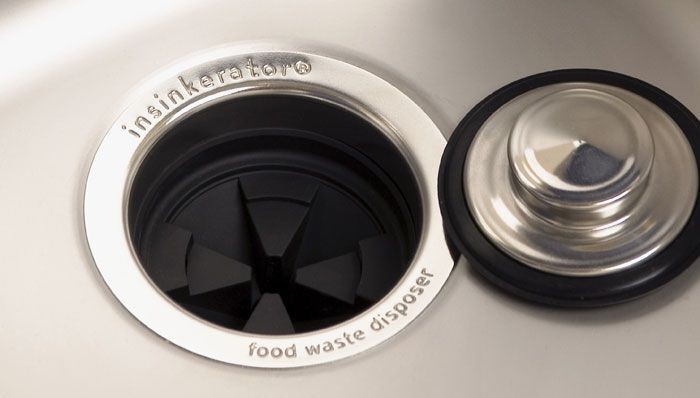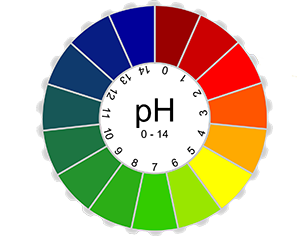
How To Prevent Corrosion In Plumbing
You have probably heard the saying “an ounce of prevention is worth its weight in gold”. When it comes to plumbing problems, taking preventive precautions is the best remedy. Corrosion in plumbing is one of the worst things for your plumbing. Aside from damaging your pipes and plumbing fixtures, corrosion can lead to other plumbing problems like leaks and clogged drains. Corrosion occurs naturally in metal pipes, and eventually all plumbing will succumb to corrosion. However, there are certain things you can do to slow down the process and increase the longevity of your plumbing.
Adjust The pH of Your Water
When it comes to corrosion in plumbing, the pH of your water is very important. The lower the pH of your water, the more acidic your water will be. Acidic water is a major contributor to corrosion in plumbing. pH ranges from 1 to 14, 1 being the most acidic, 14 the most alkaline, and 7 being neutral. Ideally your home’s water should be as close to 7 as possible. If your home has acidic water, you may notice blue/green stains on plumbing fixtures. This is a good indicator that your pipes are corroded. You can buy a simple pH tester kit to test the pH of your water yourself, or have your water tested by a lab. If the pH of your water tests extremely high, you will need to treat the water.
Acidic Neutralizer
The best way to treat acidic water is with an acidic neutralizer. This involves filtering the water with calcite (calcium carbonate) or magnesium oxide, both of which neutralize the acidic properties in your water and raise the pH. The water is filtered through a tank that is installed near the point of entry for your water supply. It is important to note, calcium carbonate can make your water hard. This will depend on how hard your natural water is, and how much calcium carbonate is needed to regulate the pH. A water softener may need to be used in conjunction with the acidic neutralizer in order to combat hard water.
Chemical Feed Pumps
A chemical feed pump is another option for adjusting the pH of your water. Chemical feed pumps work by injecting a neutralizing solution of soda ash or caustic soda into the water. The dosage depends on the pH of the water. Chemical feed pumps require a little maintenance, as the solution tank will have to be replenished.
Regular Pipe Cleaning
Keeping pipes clean is another way of preventing corrosion in plumbing. Hydro-jetting is very effective at knocking off buildup that can accumulate on the walls of your pipes. This includes microbiologically induced corrosion, which occurs when metal is introduced to corrosive bacteria. Regular pipe cleaning can also help maintain the functionality of your plumbing.
Other Things You Can Do
Some other things you can do to prevent corrosion include:
- Add a protective layer or sealant
- Make sure pipes are stable and bolted down
- Avoid using liquid drain cleaners
Taking care of your plumbing is important to preventing expensive plumbing repairs. Are you worried about the condition of your water? Contact Rooter Hero to learn more or schedule local plumbers in your area.
Related Articles What Causes Pipes To Corrode? How Do You Treat Corroded Pipes? Key Benefits To Professional Drain Cleaning



